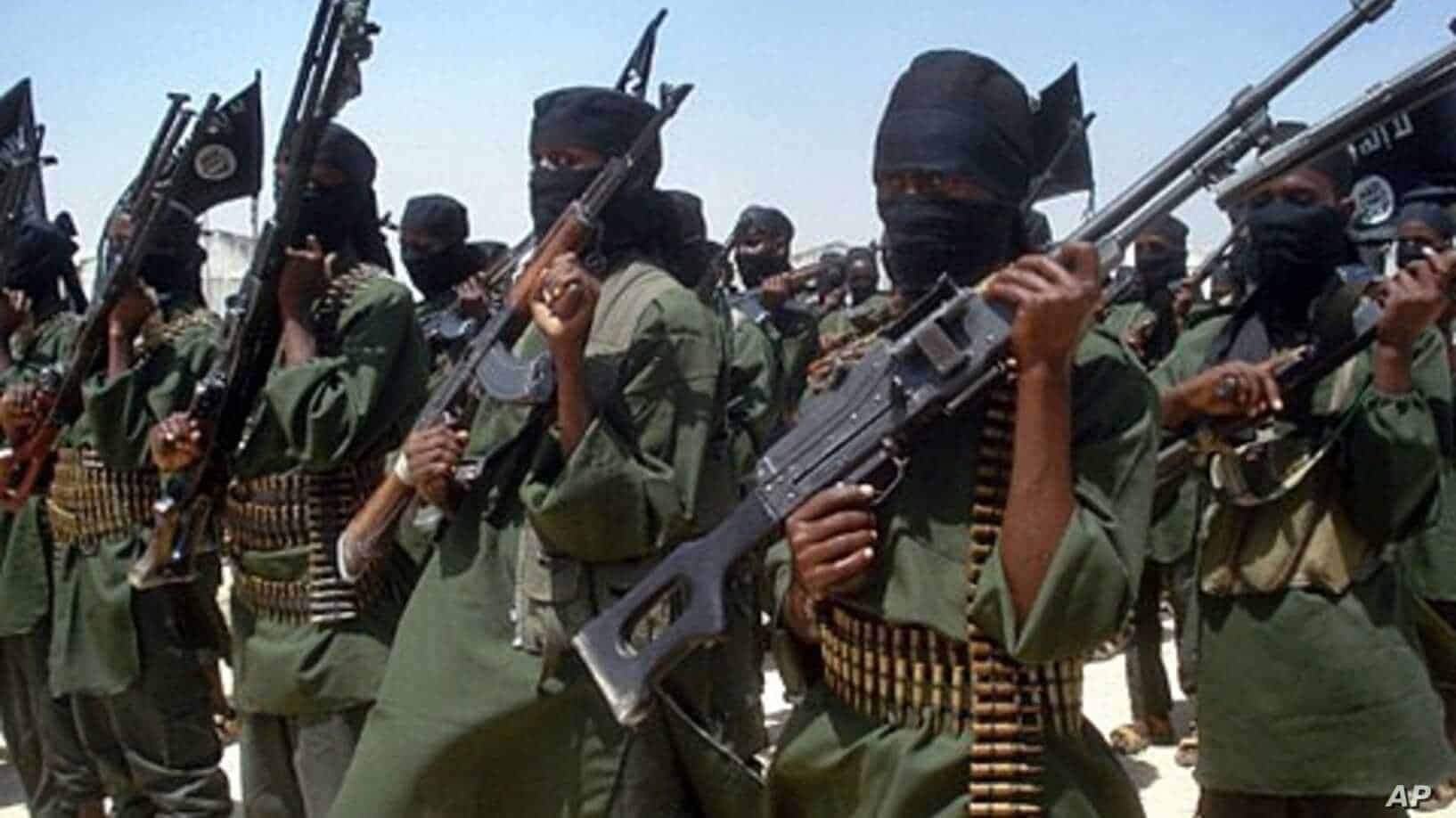Somali Officials Confirm US Airstrike Killed Senior Al-Shabab Leader

A Somali intelligence official has confirmed that a U.S. airstrike in southern Somalia killed a senior leader of militant group al-Shabab.
The official in Somalia's southwest region told VOA that the airstrike on April 2 killed Yusuf Jiis, a long-standing, high-ranking leader in the al-Qaida-affiliated group.
The airstrike took place near Bush Madina, about 55 kilometers east of the town of Dinsor, in a Shabab-controlled area.
"This individual was a key leader in the al-Shabab organization," said U.S. Army Gen. Stephen Townsend, commander of U.S. Africa Command. "He was violent, ruthless and responsible for the loss of many innocent lives. His removal makes Somalia and neighboring countries safer."
Jiis, whose real name was Yusuf Nur Sheikh Hassan, was the al-Shabab official in charge of dealing with humanitarian agencies. He was accused of leading militants who raided and looted the offices of aid agencies in 2009.
Al-Shabab has been accused of blocking aid to Somali civilians in need, particularly during a 2011 drought that killed an estimated 260,000 people.
Somali officials believe more recently, Jiis worked in the Hisba, or police department, of al-Shabab and was recently added to the group's consultative council, or Shura.
Yusuf Jiis used different aliases including Bashar, Yusuf Jeeri and Moallim Sahal, according to Somali security officials.
AFRICOM reported that the April 2 strike killed three militants.
Somali security officials identified a second militant killed in the strike as Yonis Sheikh Dahir, a counterintelligence operative. The third person was also a member of al-Shabab's Amniyat wing, but his identity has not been confirmed.
A regional intelligence official told VOA he is surprised that these top officials traveled in the same vehicle amid relentless U.S. airstrikes.
Separate airstrikes
Separately, the U.S. military Tuesday said airstrikes also killed five al-Shabab militants this past Monday in the vicinity of Jilib town in Lower Jubba region.
AFRICOM said its current assessment is that no civilians were injured or killed, adding that Africa Command is aware of reports alleging civilian casualties resulting from Monday's airstrikes.
The U.S. military has carried out hundreds of airstrikes in Somalia since the early 2010s as part of efforts to defeat al-Shabab. The group has tried to overthrow the Somali government in order to impose its version of strict Islamic law on the Horn of Africa nation.
Link: https://www.voanews.com/africa/somali-officials-confirm-us-airstrike-killed-senior-al-shabab-leader











